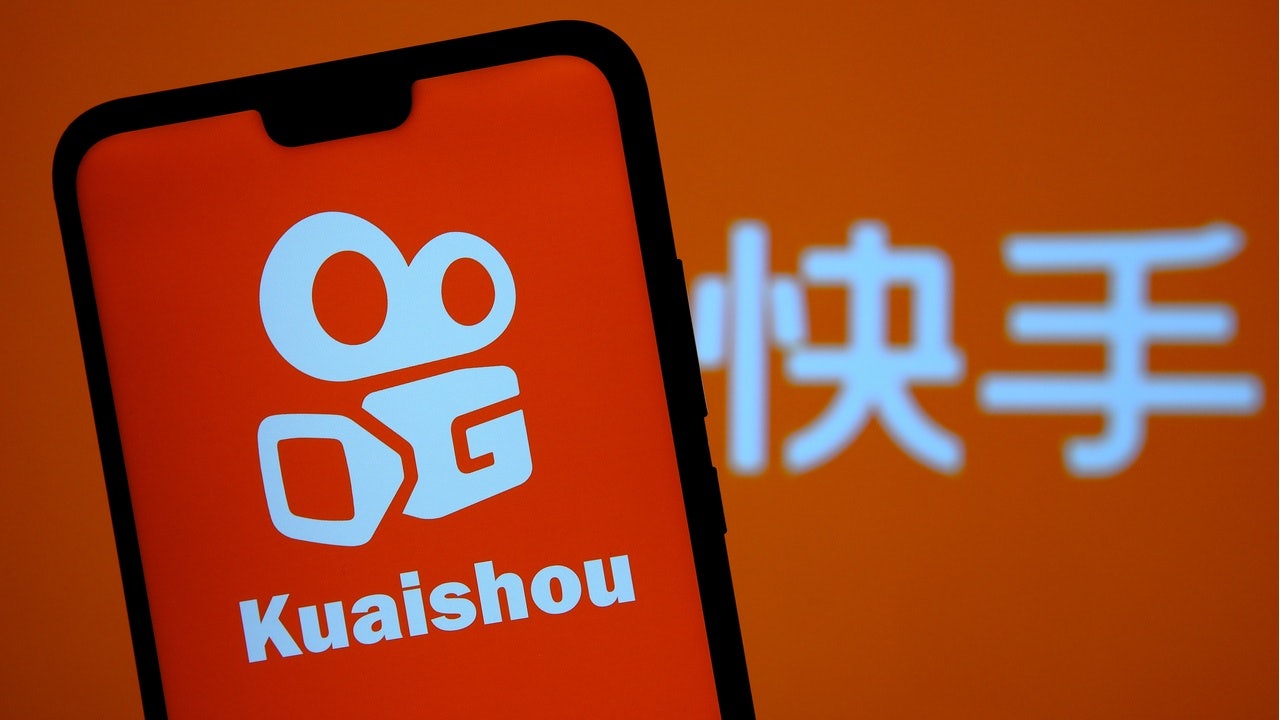What happened
Kuaishou has become the latest tech name to lose its CEO as Beijing’s industry crackdown continues. On October 29, China’s second most popular short-video platform announced that co-founder Su Hua stepped down from his leadership role while staying on as chairman of the board, with plans to focus on the company's long-term strategy. In his stead, co-founder Cheng Yixiao will manage the app’s day-to-day operations. After the news broke, Kuaishou shares fell nearly 4 percent in Hong Kong in Monday trading.
The Jing Take
Although Kuaishou did not point to increasing business regulations as reason for the changes, the recent trend of CEO departures is hard to ignore. In September, e-commerce titan JD.com saw billionaire CEO Richard Liu relinquish his presidency to prioritize China’s rural development. In May, ByteDance founder Zhang Yiming similarly handed over the CEO reins, stating that he is “not very social” and would rather focus on analyzing market principles than managing people. And in March, Pinduoduo founder Colin Huang stepped down as chairman to pursue agricultural research.
For Kuaishou, this C-suite reshuffle is just one of many concerns. The company’s sinking share price, for one, reflects a broad downturn in Chinese tech stocks this year after regulators spooked investors by launching probes, halting IPOs, and issuing new rules around unfair competition and data privacy, among other things. In fact, Kuaishou had the biggest drop from peak price among the 36 companies to raise more than 1.5 billion from IPOs in 2021, down 80 percent. On top of this, the platform has reported net losses for two consecutive fiscal quarters as it burns cash to maintain users and market newer areas like e-commerce and gaming.
That said, a new captain could be good for navigating these choppy waters. Although Kuaishou did not specify its long-term strategy, one can expect that changes will be made to better align with Beijing’s new regulations. And already, by catering largely to China’s lower-tier cities and helping farmers and agricultural vendors grow via livestream, its core business could feed well into the government’s calls to promote “common prosperity” and close the urban-rural gap.
Despite its uncertain future, Kuaishou should not be ignored by brands; the app boasts one billion global monthly active users and offers a pathway to consumers in lower-tier cities, which are often projected to be growth engines for China’s e-commerce. Although largely overlooked by luxury players, Louis Vuitton recently gave Kuaishou some credibility by livestreaming its Spring/Summer 2022 menswear collection there, attracting an impressive 39 million views. Perhaps the CEO change will help the company continue upgrading its e-commerce capabilities and eventually attract more high-end brands — while avoiding regulatory scrutiny.
The Jing Take reports on a piece of the leading news and presents our editorial team’s analysis of the key implications for the luxury industry. In the recurring column, we analyze everything from product drops and mergers to heated debate sprouting on Chinese social media.


